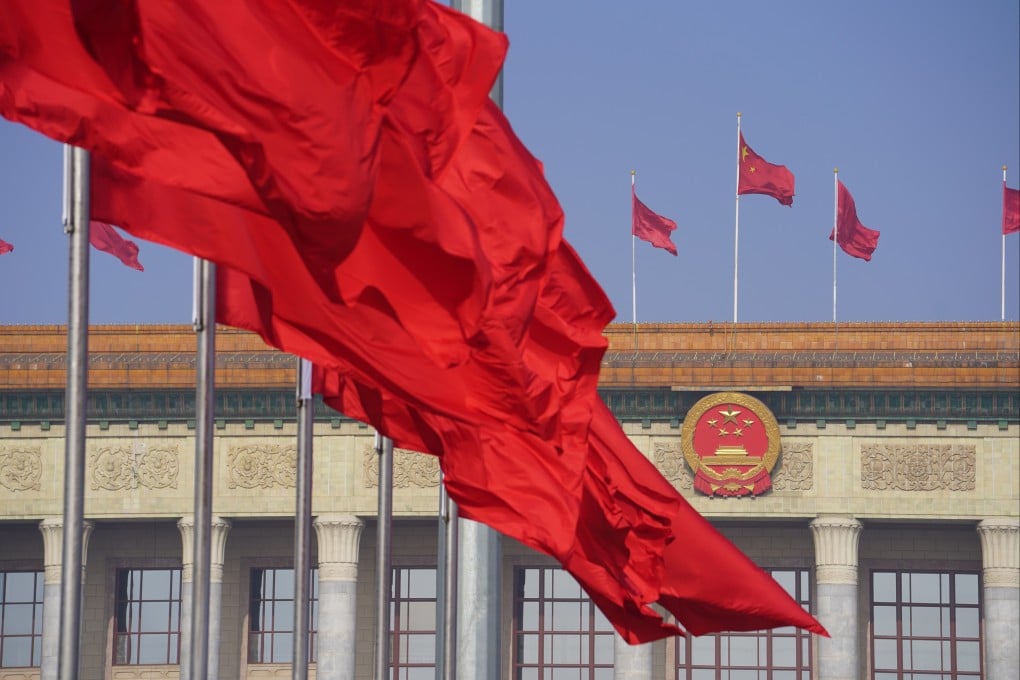Advertisement
Opinion | China’s anti-sanctions law is a defence mechanism, not an attack weapon
- Legislation rushed through last week reflects Beijing’s growing confidence it could follow through against foreign bodies with tit-for-tat sanctions
- Zhuhai Zhenrong is a cautionary tale of how few Chinese businesses, including state-owned enterprises, can afford to be sanctioned
Reading Time:2 minutes
Why you can trust SCMP
8

The new anti-sanctions law rushed through by China’s lawmakers last week is Beijing’s latest attempt to defend itself against a perceived new wave of hostility against Chinese individuals and institutions.
Beijing foresees Chinese companies and individuals at growing risk of being sanctioned by foreign governments in coming years over their involvement in Xinjiang and Hong Kong.
As such, the Chinese government needed to beef up its legal defence against such threats. It is essentially a defensive move and a warning to foreign authorities: if you sanction Chinese businesses and individuals, China has the legal basis and means to hit back.
Advertisement
The law also reflects Beijing’s growing confidence that it is capable – at least in some specific cases – of conducting tit-for-tat sanction exchanges.
China has a successful track record of pushing big, powerful foreign companies to follow Chinese laws and regulations, using the access to China’s huge domestic market as a bargaining chip.
Advertisement
Advertisement
Select Voice
Choose your listening speed
Get through articles 2x faster
1.25x
250 WPM
Slow
Average
Fast
1.25x

